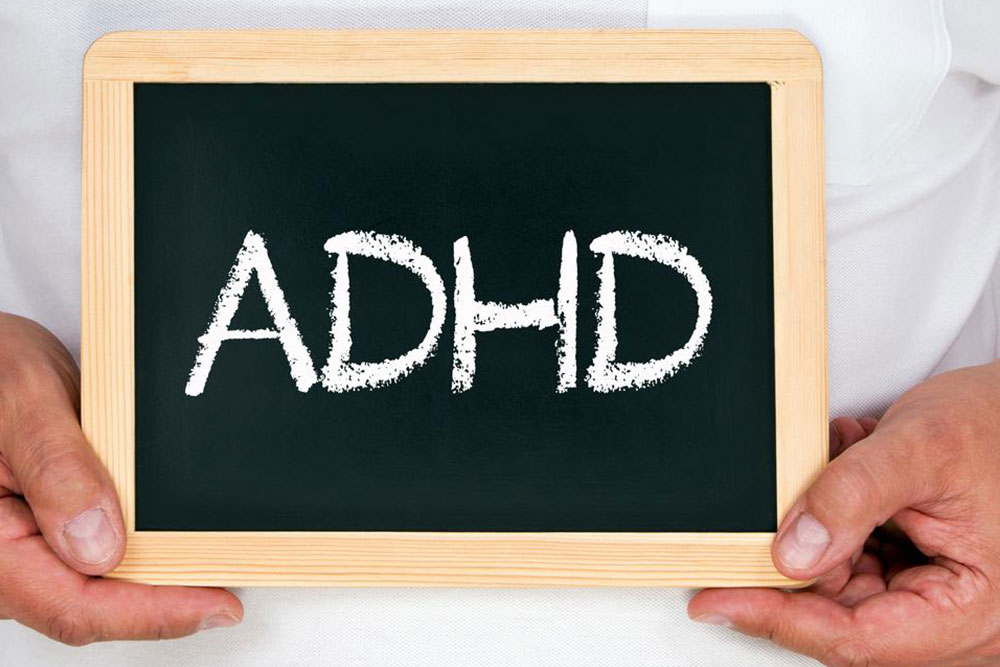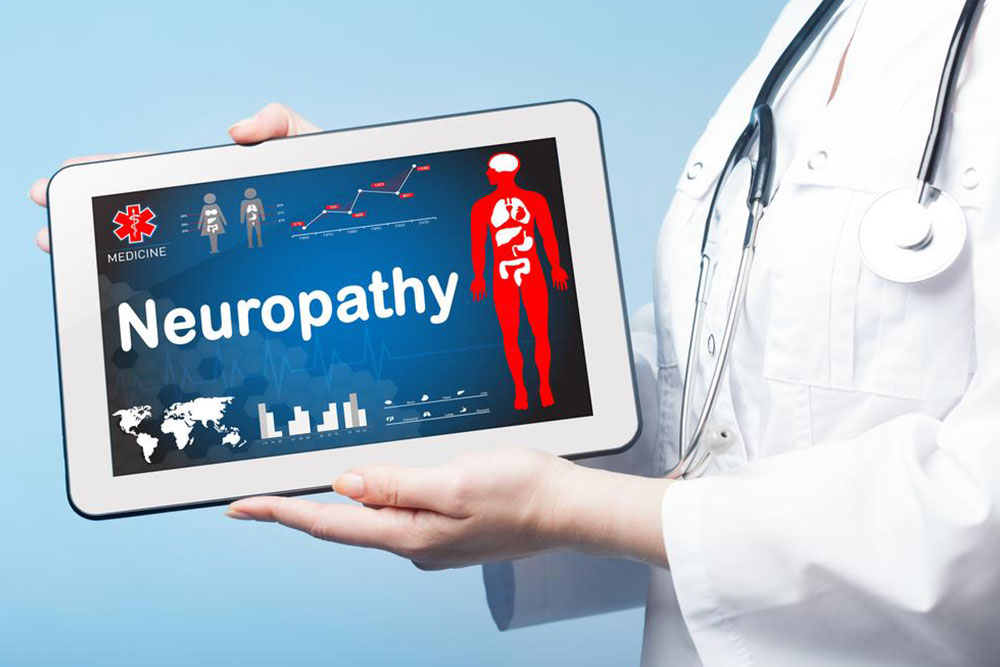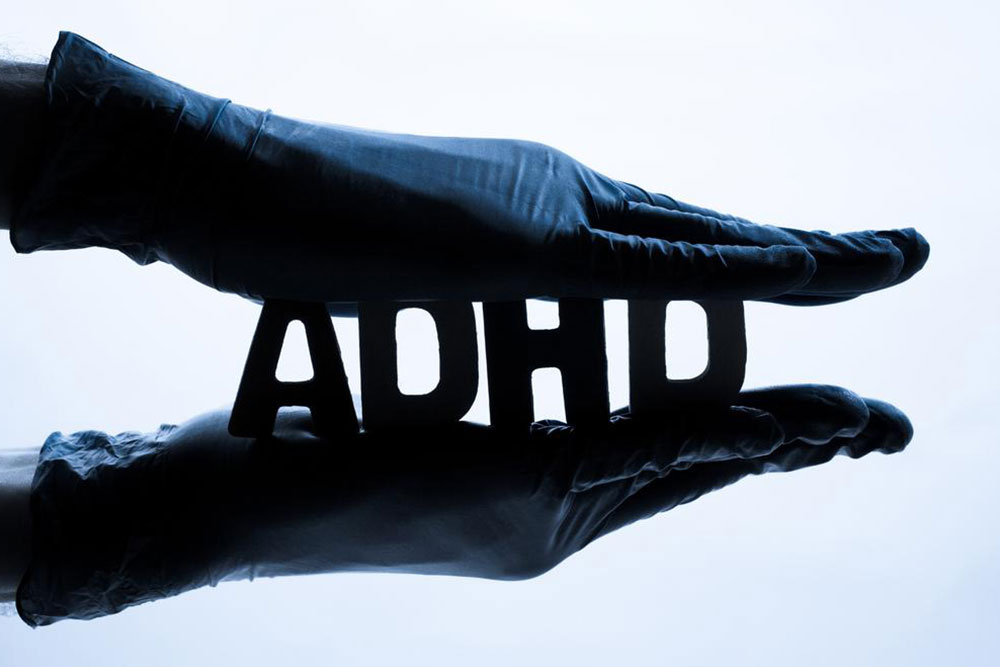Understanding Adult ADHD: Causes, Signs, and Management Strategies
This article explores adult ADHD, highlighting its causes, symptoms, and management options. It emphasizes the importance of early diagnosis and tailored treatment strategies, including medication and therapy, to improve quality of life for adults living with ADHD. Legal protections and the role of mental health professionals in managing this condition are also discussed, offering comprehensive guidance for sufferers and their loved ones.

Understanding Adult ADHD: Causes, Signs, and Management Strategies
Individuals with ADHD in adulthood often face challenges in personal relationships, work, or education. Recognizing and addressing the condition early is crucial for leading a balanced life.
What is Adult ADHD?
Typically, ADHD begins in childhood, with many children experiencing symptoms that diminish over time. However, about 60% of cases continue into adulthood. The impact of untreated adult ADHD can be significant, affecting various aspects of daily life. Late diagnosis may hinder effective treatment and recovery.
Some adults remain undiagnosed until later in life or find it hard to manage their symptoms even if diagnosed early. ADHD affects men and women equally.
Causes and Symptoms of Adult ADHDWhile the exact cause remains unknown, experts suggest genetics, environmental influences, and developmental factors play roles. Family history increases risk. Childhood lead exposure and central nervous system development issues are potential contributing factors.
As individuals reach adulthood, ADHD symptoms evolve. While hyperactivity may lessen, difficulties with focus, organization, and impulse control often persist. Adults may struggle with task management, completing assignments on time, and following through on plans. Impulsiveness can cause frustration, impatience, and emotional instability. These challenges might lead to accidents, unemployment, strained relationships, or substance abuse.
Managing Adult ADHD
Diagnosing adult ADHD can be complicated due to overlapping symptoms with other mental health conditions such as mood disorders, anxiety, or substance abuse. Diagnosis involves medical evaluation and from family and medical history. Various treatment options in the USA include medication, therapy, and behavioral coaching. Though ADHD cannot be cured, symptoms can be managed effectively over time. Medications like stimulants are common but may carry abuse risks. Therapy approaches like CBT, life coaching, and family involvement help improve self-esteem and reduce stress. Legal protections, including the Rehabilitation Act and ADA, ensure workplaces and schools accommodate individuals with ADHD.
Approximately 4.4% of adults in the USA have ADHD, with a higher prevalence in males (5.4%) compared to females (3.2%).
The disorder affects all ethnic groups, most commonly among Caucasians.
Collaborating with mental health and career professionals helps adults manage workplace or academic challenges.
Legal provisions safeguard individuals with ADHD from discrimination and promote necessary accommodations across educational and employment settings.










